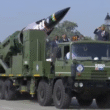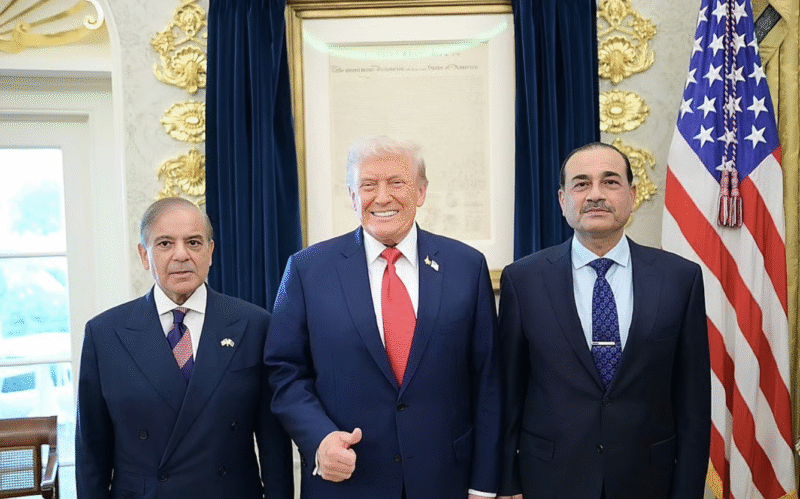In a significant geopolitical shift, Pakistan is recalibrating its alliances by moving closer to the United States and distancing itself from China. This transformation is exemplified by a series of strategic initiatives in Balochistan, a region of immense economic and geopolitical importance.
A New Strategic Partnership
As per Financial Times, Pakistan has proposed granting the United States a pivotal role in developing and managing the Pasni port, situated on the Arabian Sea. This initiative, reportedly championed by Pakistan’s military leadership, aims to offer the U.S. a strategic foothold in a region traditionally influenced by China. The plan includes constructing a deep-sea port and establishing a railway network to facilitate the export of critical minerals, such as copper and rare earth elements, to global markets. This move is seen as a direct countermeasure to China’s Belt and Road Initiative (BRI), particularly the China-Pakistan Economic Corridor (CPEC), which has faced challenges due to regional instability and security concerns.
Economic and Diplomatic Realignment
The shift towards the U.S. is further underscored by a recent $500 million agreement between Pakistan and the United States, involving the shipment of enriched rare earth elements and critical minerals. This deal marks the first tangible outcome of the new partnership and highlights Pakistan’s strategic pivot towards the U.S., moving away from its longstanding reliance on China, reported The Times of India.
Diplomatic engagements have also played a crucial role in this realignment. In June 2025, Pakistan’s Army Chief Field Marshal Asim Munir and Prime Minister Shehbaz Sharif visited the United States, where they held discussions with President Donald Trump. These talks, including a private lunch with the U.S. President, signify a concerted effort by Pakistan to strengthen ties with the U.S. administration and explore new avenues for collaboration, reported The Economic Times.
Implications for Regional Geopolitics
This strategic pivot has far-reaching implications for regional geopolitics. For China, Pakistan’s move represents a significant setback in its efforts to expand its influence through the BRI. The proposed U.S. involvement in Balochistan challenges China’s investments and interests in the region, particularly in Gwadar, where China has substantial stakes. Analysts view this as a demonstration of Pakistan’s willingness to prioritize immediate economic incentives from Washington over long-term commitments to Beijing, reported NDTV.
For the United States, Pakistan’s openness presents an opportunity to enhance its strategic presence in South-Central Asia, particularly in countering Iranian influence. Establishing a foothold in Balochistan allows the U.S. to exert influence in a region critical to global energy routes and regional security dynamics, reported The Economic Times.
Conclusion
Pakistan’s recent initiatives in Balochistan signify a deliberate and strategic shift in its foreign policy, moving away from China and towards a closer partnership with the United States. This realignment reflects Pakistan’s evolving geopolitical priorities and its efforts to leverage economic opportunities to enhance its strategic position in the region. As these developments unfold, they are poised to reshape the geopolitical landscape of South-Central Asia, with implications for global trade, security, and diplomatic relations.











